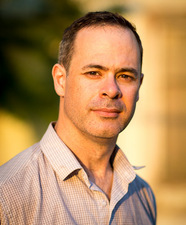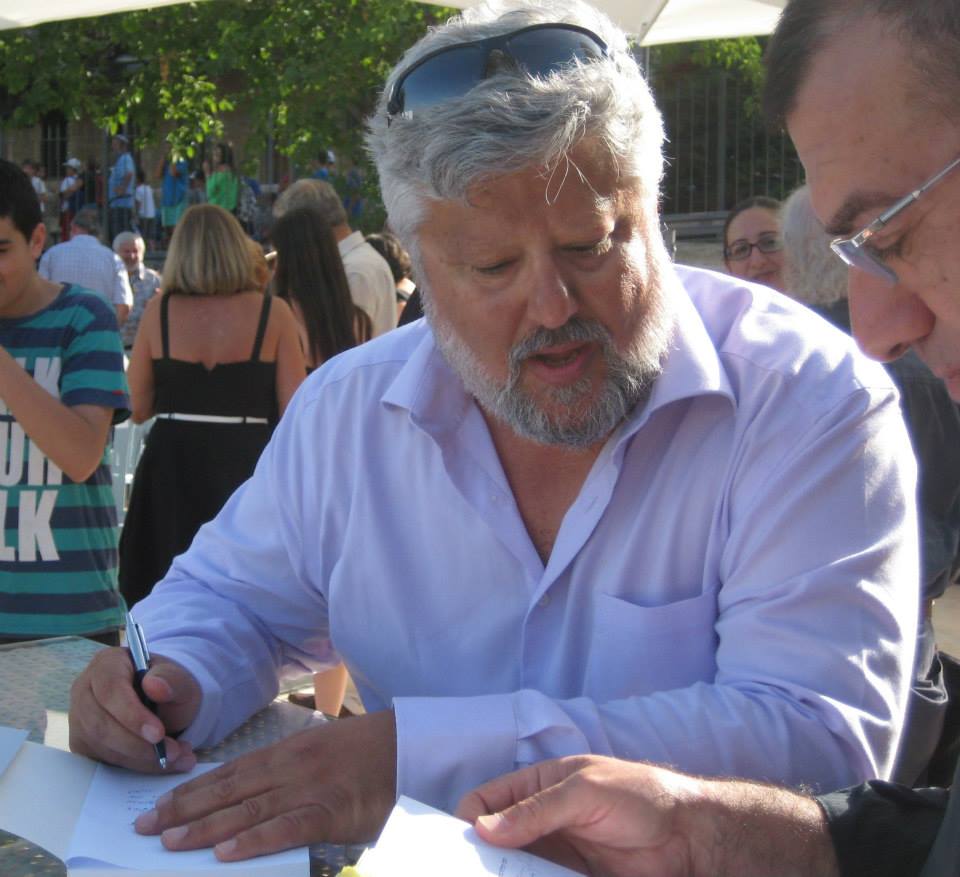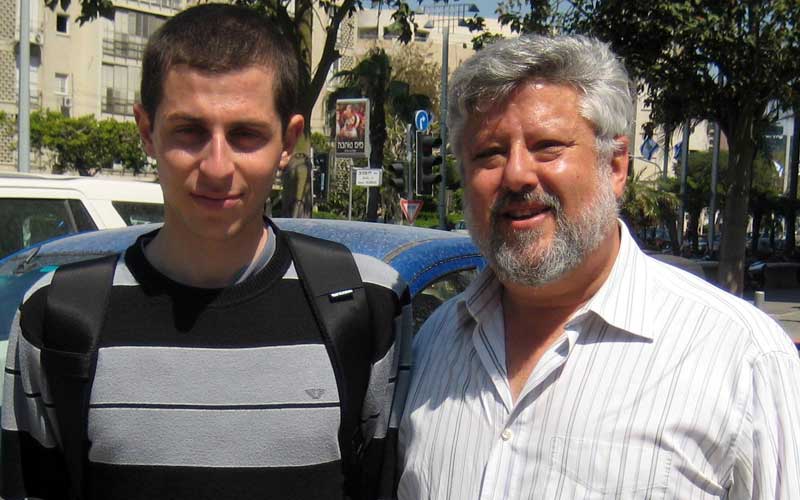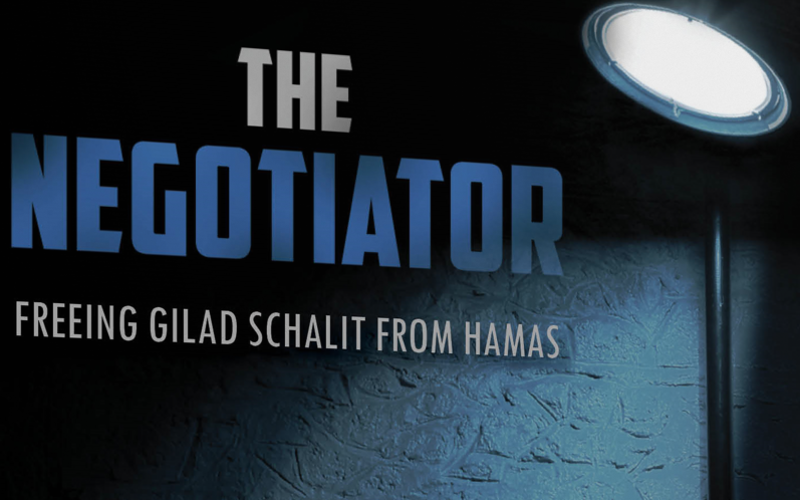This book is an engrossing and compelling book on several levels simultaneously. The story itself is dramatic, but more than this, the book itself wisely speaks to the inadequacy of familiar ways of thought many of us take for granted.
On the one hand the book’s presentation is straightforward. Dr. Baskin eschews rhetorical flourishes and liberally shares his actual correspondence with his Hamas interlocutor Dr. Ghazi Hamad and many other officials and representatives. He also describes the mechanisms through which he communicated with them, such as special letters, SMS, instant messenger and so forth.
On the other hand the text ripples with paradox in a wholly positive way. For instance, religion is and is not at the heart of the book. Allow me to illustrate with two examples.
First, Baskin describes how in the course of the negotiations between himself and Hamad, “Rather than representing our respective sides, we were joint problem-solvers, capable of understanding the difficulties and limitations of the other side.” In a formal sense, Dr. Baskin is not a religious peacemaker. Yet his description of how he and Hamad conducted their dialogue is precisely as the mystic Eknath Easwaran urges, who when describing conflict resolution wrote “There are no opponents in a disagreement; there are simply two people facing a common problem. In other words, they are not in opposite camps. They are in the same camp: the real opponent is the problem.”
Second, in his dialogue with Hamad Baskin writes “greed is one of man’s worst characteristics.” Baskin does not appear to ever shy away from discussing morality with members of the Hamas or Israeli governments. Moral themes like greed are of course as much religious as they are cultural. Is Baskin a religiously inclined peacemaker for sharing these ideas? I suppose one could argue firmly either way.
A skeptic might suggest that both Baskin and Hamad are more than sophisticated enough to know how to make their points in a manner that resonates culturally and religiously. That is undoubtedly so, but there is no evidence to suggest that either man were ever insincere. It seems to me the opposite is true — one powerful reason among others these two men succeeded where others failed is because of their determination that their peoples overcome mutual distrust and do the right thing. That determination arises out of their sincerity and their absolute refusal to allow contemporary and historic realities to dictate their character and conduct as peacemakers. That very character makes this book particularly valuable.
I strongly recommend this book.



